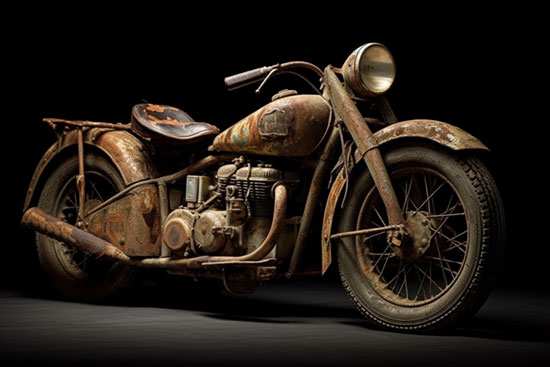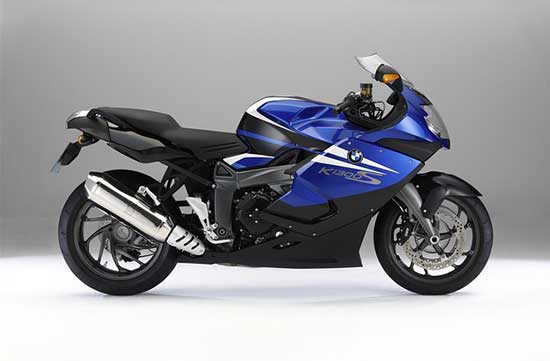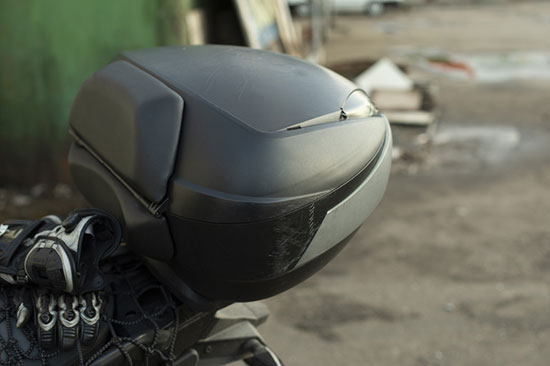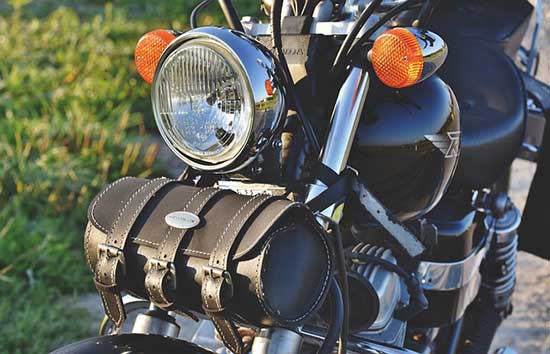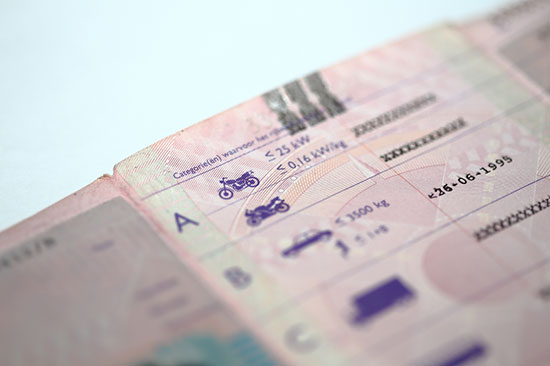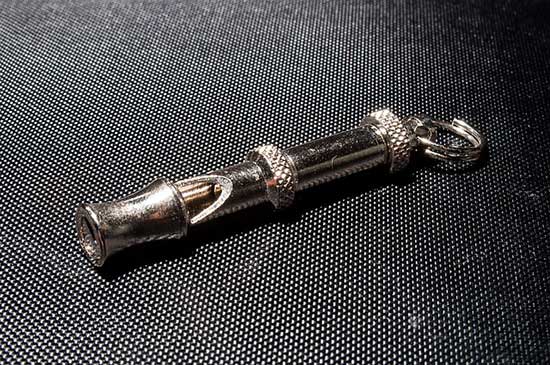You’re eyeing that sleek, foreign-made motorcycle, aren’t you? But you’re unsure. Do imported motorcycles hold less value? Let’s see market trends, compare performance, and assess durability.
We’ll analyze costs and benefits to see if it’s a worthy investment. Let’s debunk some myths you might’ve heard about imported bikes.
To quick answer is not necessary. The worth of a motorcycle depends on several factors such as the make and model, condition, demand, and rarity, not just where it was manufactured or imported from.
In fact, some imported motorcycles, particularly from well-established manufacturers such as Harley-Davidson (USA), Ducati (Italy), BMW (Germany), or Honda, Yamaha, Kawasaki and Suzuki (Japan), are often highly sought after and may retain their value well.
However, it’s worth noting that importing a motorcycle can come with additional costs such as shipping, taxes, and compliance with local regulations, which could potentially affect its resale value.
Furthermore, possible difficulties in obtaining spare parts, especially for rare or older models, might affect not only the value but also the interest of potential buyers.
So while the fact that a motorcycle is imported doesn’t automatically make it worth less, it can introduce factors that significantly affect its value.
To determine the value of an imported motorcycle, consider consulting with experts or reliable online resources, taking into account all relevant factors.
Contents
Understanding the Market Value of Imported Motorcycles
Keep in mind, that the country of origin plays a significant role in pricing. Japanese motorcycles, for instance, are often perceived as high-value due to their renowned manufacturing quality.
European models, on the other hand, might command higher prices due to their luxury status and unique design attributes.
Additionally, you’ll also consider tariffs and import duties, which can significantly affect the final consumer price. It’s crucial to stay updated with the latest trade regulations.
Evaluation of Performance: Imported Vs. Domestic Motorcycles
Why aren’t we comparing the performance of imported motorcycles against their domestic counterparts?
You’re in the market for a bike, but you’re unsure whether to go domestic or imported. It’s not simply about brand loyalty or patriotic sentiment. It’s about performance, reliability, and value for money.
Domestic motorcycles traditionally excel in terms of raw power and torque, making them perfect for long highway stretches.
But let’s not discount imported bikes. They’ve earned a reputation for their innovative designs, fuel efficiency, and nimble handling, especially in urban environments.
The Impact of Durability on the Worth of Imported Motorcycles
It’s crucial to consider the durability of imported motorcycles, as it significantly influences their overall worth. You need to understand that the longevity of these machines depends largely on the quality of parts and construction.
Often, imported motorcycles utilize foreign-made components, which can vary in quality and reliability. It’s not unheard of for these parts to fail prematurely or require frequent maintenance.
Moreover, the craftsmanship involved in assembly can also determine how long the bike lasts. Poorly assembled motorcycles may experience issues down the line, decreasing their value.
Therefore, when evaluating the worth of imported motorcycles, don’t overlook the durability factor. It’s a key component in understanding their real value. Remember, a bike that lasts longer usually offers more value for your money.
Cost-Benefit Analysis: Are Imported Motorcycles a Good Investment
In evaluating whether imported motorcycles are a good investment, you’re dealing with a cost-benefit analysis, and this isn’t just about the initial purchase price, but also the potential maintenance costs that might come up over time.
You must consider factors like resale value, parts availability, and reliability. Imported bikes often boast superior performance and exquisite craftsmanship but bear in mind, specialty parts might be pricier and harder to source.
Also, the exclusivity could impact the bike’s depreciation rate, potentially lowering your return on investment.
Additionally, you should check if local mechanics are familiar with the brand to avoid expensive specialist visits. So, while the allure of foreign motorcycles is undeniable, it’s essential to assess the long-term financial implications before revving off into the sunset.
Unveiling Misconceptions: the Truth About Imported Motorcycles
You’ve heard the rumors, now let’s debunk five common misconceptions about imported motorcycles.
First, they’re not always cheaper. Yes, some are low-cost, but many foreign manufacturers produce high-end bikes.
Second, they don’t necessarily have inferior quality. Brands like Aprilia and Ducati are renowned for their exceptional craftsmanship.
Third, they’re not all high-maintenance. It’s model-specific, not origin-specific.
Fourth, parts aren’t always difficult to source. With global supply chains, getting parts for most models is a breeze.
Lastly, they don’t depreciate faster. Resale value depends on factors like brand reputation and model rarity, not merely the bike’s origin.
Don’t let myths cloud your judgment. Instead, analyze each bike on its own merits.
Conclusion
In sum, imported motorcycles can offer good value if you’re after unique design and performance. They may not always outlast domestic bikes, affecting their worth. Your investment’s value depends on numerous factors, including your usage and care.
Don’t let misconceptions steer you away; every bike has its strengths and weaknesses. Do your homework, weigh the pros and cons, and you’ll find the motorcycle that suits your needs and budget.

